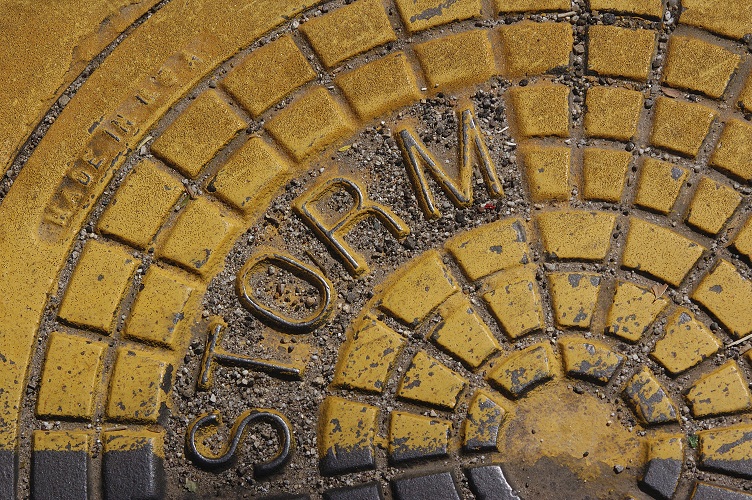On Dec. 13, Judge Rudolph Contreras of the U.S. District Court for the District of Columbia dismissed a suit challenging the legality of water quality trading under the Chesapeake Bay total maximum daily load (TMDL).
The U.S. Environmental Protection Agency (EPA) had asked to dismiss the case, Food & Water Watch and Friends of the Earth v. EPA. The agency argued that despite the TMDL being a final agency action under the Administrative Procedures Act, the trading language is not final and it is not obligatory. Chesapeake Bay states are expected to use trading as a compliance option but are not required to. Further, despite using trading, states must still comply with the TMDL and Clean Water Act. Food & Water Watch and Friends of the Earth argue that water quality trading can create pollution hotspots. However, the judge called the claim highly speculative and said the effects are not impending. Because the plaintiffs did not “suffer an injury,” they lacked standing in the case. Because the case was dismissed, however, the plaintiffs said the court did not answer the question of whether trading is legal under the Clean Water Act. This leaves the door open for groups to challenge trading programs at the local or state level, or on a trade-by-trade basis.






